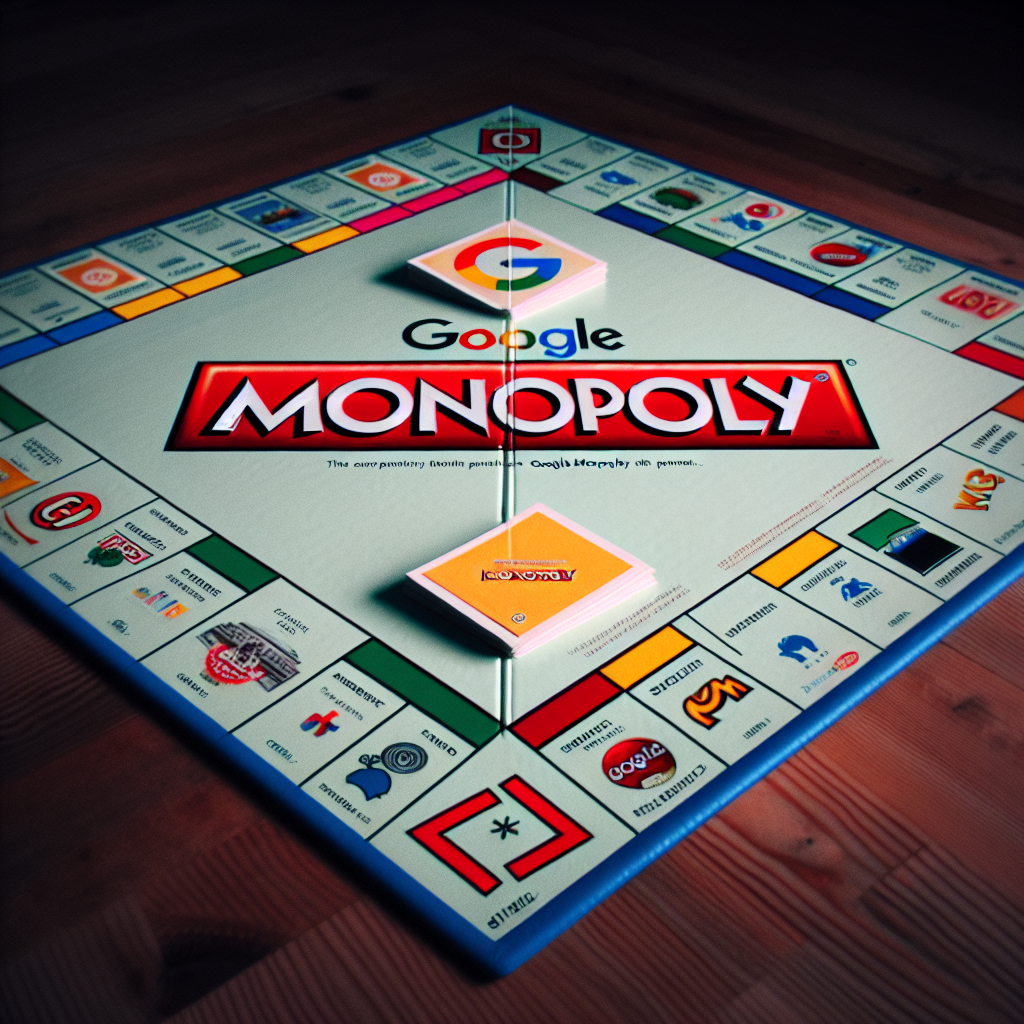A judge recently ruled that Google has a monopoly in online search and text-based search advertising. This is a big deal for the tech world and especially for businesses. Here's what you need to know:
- Google dominates search Google controls about 90% of internet searches. They achieved this by paying huge amounts of money to be the default search engine on popular browsers and devices like Safari, Firefox, and Android phones.
- Advertisers have no choice Because Google is so dominant, advertisers feel forced to use Google's ad platform. Companies like Home Depot and JPMorgan Chase said they can't effectively advertise elsewhere because other search engines don't have enough users.
- Ad prices are inflated Google's auction system for ads is reportedly rigged. They make the bidding process seem more competitive than it is, causing advertisers to pay more than they should.
- Lack of transparency Google often changes how its ad system works without clearly explaining it to advertisers. They've also removed options that gave advertisers more control over where their ads appear.
- Stifling competition Google's dominance has made it very hard for new search engines to enter the market. This limits options for both users and advertisers.

Impact on the marketing industry:
- Higher costs: Businesses are likely paying more for search ads than they would in a truly competitive market.
- Limited options: With few alternatives to Google, businesses have less leverage and fewer choices for reaching online audiences.
- Dependence on Google: Many marketing strategies now revolve around Google's tools and platforms, making it difficult to diversify.
- Constant adaptation: Businesses must constantly adjust to Google's changes, often with little warning or explanation.
- Potential for change: If Google is forced to change its practices, it could open up new opportunities for businesses to explore different platforms and strategies.
This ruling could lead to big changes in how online advertising works, potentially giving businesses more choices and control in the future. However, any major changes will likely take years to implement.
A New Alternative: Auto Suggest Optimization
While the Google monopoly has created challenges for businesses, especially small businesses, a new alternative has emerged: Auto Suggest Optimization. This solution offers a way to potentially bypass the high costs of traditional pay-per-click ads.
How Auto Suggest Optimization works:
- Keyword purchase: A business can buy a specific keyword for their location.
- Search box suggestions: When users start typing a search query, the business name will appear in the auto-suggest area of the search box.
- Exclusive placement: Only one keyword per location can be sold, which helps prevent larger companies from dominating all the options.
- Leveling the playing field: This approach gives smaller businesses a chance to compete with larger companies that have bigger advertising budgets.
- Targeted visibility: It allows businesses to be seen by potential customers who are actively searching for related products or services in their area.
Benefits for Businesses:
- Potentially lower costs compared to traditional pay-per-click ads
- Increased visibility in a prime location (the search box)
- Less direct competition within the auto-suggest feature
- Opportunity for smaller businesses to stand out
Auto Suggest Optimization could provide an alternative strategy for businesses looking to increase their online visibility without getting caught up in the high-priced bidding wars of Google's ad platform.
If you would like to learn more about Auto Suggest Optimization, click here.
 Add Row
Add Row  Add
Add 








Write A Comment